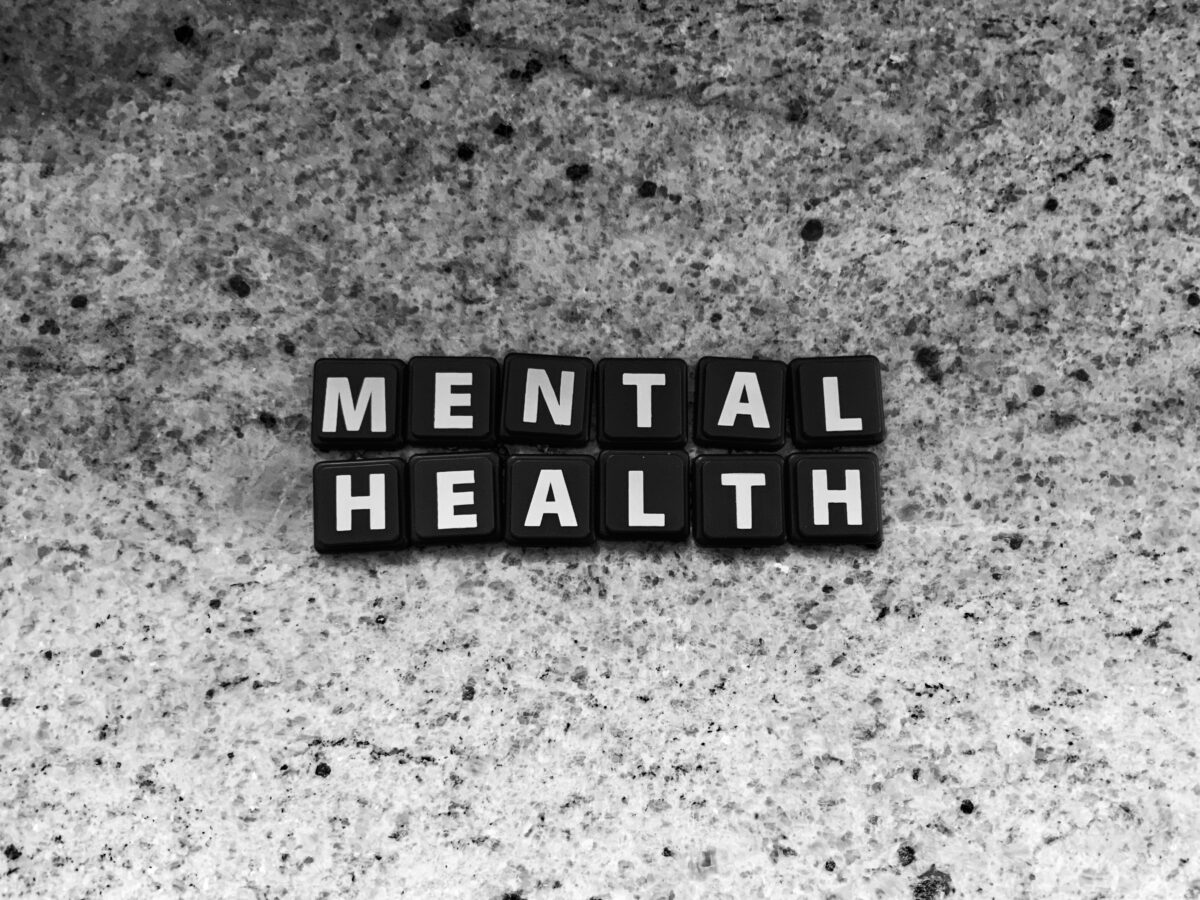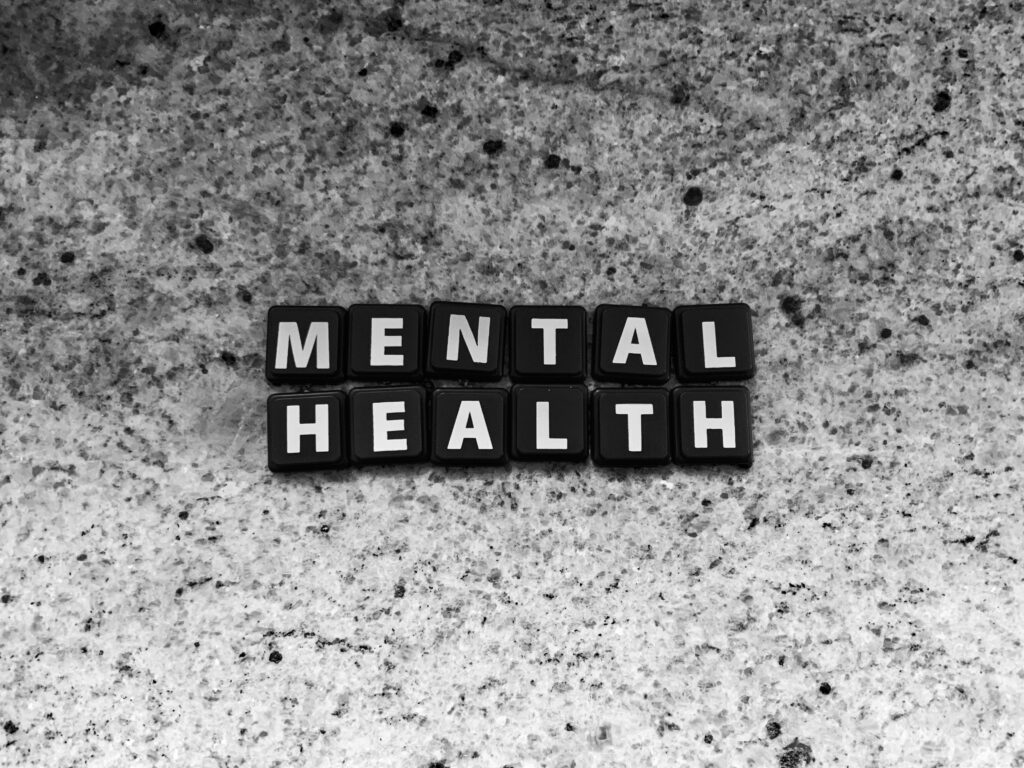
How Mental Health Impacts Your Physical Well-Being
We’ve all experienced that sinking feeling in our stomachs before a presentation or the tension in our shoulders during a stressful day. These are subtle signs of the intricate connection between our mental and physical selves.
In this article, we’ll explore how our mental well-being profoundly impacts our whole-body health and function. We’ll look at some mental health issues like stress and depression and see how they can influence conditions from heart disease to gastrointestinal symptoms.

1. Chronic Diseases
Diseases like diabetes, asthma, cancer, heart problems, and joint pain seem to happen more often to people experiencing depression. Other mental conditions may also increase health risks. For example, research shows those dealing with schizophrenia tend to have a higher risk of heart and lung problems compared to others.
Addressing these interconnected issues often requires specialized knowledge. Programs like a post master’s certificate psychiatric nurse practitioner online prepare healthcare providers to deliver integrated care, focusing on patients’ physical and mental health challenges. This comprehensive approach can make a significant difference for individuals managing chronic conditions alongside mental health concerns. Emotional well-being also plays a role in managing a physical illness, as managing a physical illness over many years can be harder when other mental issues are also present.
2. Addiction
Most depressed persons have low levels of dopamine, a neurotransmitter associated with pleasure and satisfaction. Cigarettes contain nicotine that stimulates the brain to produce these chemicals. Due to this, some smokers may feel their depression improves with the increased levels of dopamine.
However, relief from nicotine is short-lived because its effects wear off fast. This may lead to repeated desires to have another cigarette for that fleeting feeling of relief. Over time, the cycle of smoking to combat nicotine withdrawal and cravings increases the risk of addiction.
Unfortunately, smoking brings a host of other health problems, including cancer, cardiovascular or respiratory disorders, stroke, diabetes, etc, that ultimately downgrade one’s well-being in general.
3. Sleep Disturbance
Quality sleep offers benefits to both body and mind. Mental health conditions frequently coincide with sleep disorders. For instance, high stress hormone levels are connected to less sleep time, leading to issues like insomnia and sleep apnea. Insomnia makes both falling and staying asleep quite difficult. Sleep apnea also interferes with rest through disrupted breathing that causes frequent waking.
4. Gut Issues
The gut and brain are strongly connected. Common phrases reference this connection, like a “gut feeling” or something being “gut-wrenching.” Our digestive system is sensitive to emotions – feelings of anger, anxiety, sadness, or happiness can all trigger symptoms in the gut.
This helps explain why people may feel nausea before public speaking or stomach pain during stressful times. However, that doesn’t mean gastrointestinal issues are “all in your head” or imagined. Both physical and psychological factors combine to cause real pain and bowel symptoms.
Stress, depression, and other emotions can directly impact the physical workings of the gut by influencing contractions and movement in the digestive tract. So, stress essentially changes the gut physiology.
Endnote
The information discussed in this article highlights the profound interconnectivity between mental and physical health. What transpires in the mind can significantly affect bodily processes and disease risks.
Managing the interplay between mental and bodily elements is essential for achieving holistic well-being. Those dealing with co-occurring mental and medical concerns require specialized, integrated support. Treatment approaches must consider the bidirectional relationship between the two domains.
The information in this article is provided for informational purposes only and is not medical advice. For medical advice, please consult your doctor.














